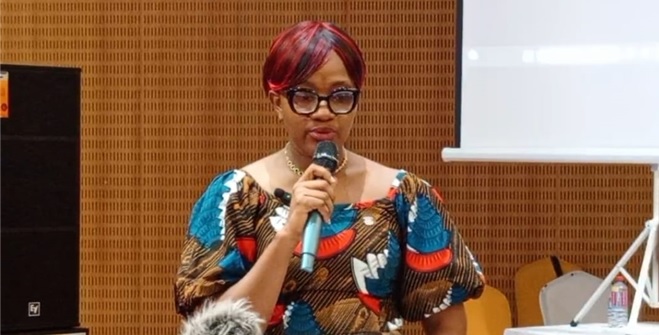MONROVIA, LIBERIA – Activist Martin K. N. Kollie has penned a scathing critique of the Liberian government’s handling of public relations, arguing that the administration’s approach is reactive rather than proactive, and is marred by a lack of centralized communication and coordination. Kollie’s commentary highlights three major public relations blunders in May 2024, which he believes could have been easily avoided.
Kollie begins by emphasizing the importance of openness, accountability, and transparency in governance. He questions the government’s current communication strategies, suggesting that they harm the administration’s credibility. “What are you hiding? What is there to hide when governance should be about openness, accountability, and transparency?” he asks.
The Yellow Machine Announcement
Kollie criticizes the premature announcement of a $25 million project involving 285 yellow earth-moving machines by the Minister of State without portfolio. He argues that the announcement, which included AI-generated videos and pictures, lacked the necessary transparency regarding the funding and agreements involved. “The government should not have waited for people to ask, ‘Where is the money coming from to fund this project and what agreement has been reached?’” Kollie writes.
He insists that a detailed press statement with full disclosure should have been issued, coordinated by the Ministry of Information, Cultural Affairs and Tourism (MICAT) in collaboration with relevant ministries. Announcing the project without the machines being on the ground created a potential credibility crisis. “What if the machines do not come? Then it means that the government has created a trust issue for itself,” he warns.
Kollie stresses that the government must answer critical questions about the project’s funding, feasibility studies, and the maintenance and operation of the machines to avoid further public skepticism and mistrust.
The Cabinet Retreat
Kollie acknowledges the positive intent behind the government’s maiden Cabinet Retreat but criticizes the lack of communication regarding its outcomes. He questions whether any secretariat was appointed to document policy decisions and resolutions from the retreat. “The Liberian people are still concerned about what was achieved from the retreat. Was there any resolution from the retreat? Which specific sectors were looked at?” he asks.
He urges the government to publish the retreat’s outcomes, either in detail or summary, on the Executive Mansion’s website to bridge the information gap and prevent speculation. “This information gap needs to be bridged. By now, the outcome of the retreat pertinent to key policy decisions/issues should be published,” Kollie advises.
The President’s Visit to the USA
Kollie criticizes the lack of communication following President Boakai’s business trip to the USA, which included a partnership agreement with Georgia Tech Institute. He notes that the Presidential Press Bureau failed to provide a full report on the trip’s benefits to Liberia. “Whenever the President travels on a business/investment trip, people expect returns/gains,” Kollie writes.
He also points out a protocol misstep during the President’s meetings abroad, where only the host country’s flag was present. “Another PR blunder is to allow the president to sit with an official of another country with only that country’s flag and not Liberia’s flag,” he asserts, emphasizing the importance of representing Liberia’s sovereignty.
He concludes by reiterating the need for a centralized and coordinated communication system within the government to avoid future public relations missteps. He calls for the government to be proactive in its communication, emphasizing that governance should focus on collective success rather than individual self-gratification. “Governance is not about self-gratification or self-glory. It’s about collective win,” he states.
Kollie’s critique serves as a call to action for the administration to improve its communication strategies, ensuring that it upholds the principles of transparency, accountability, and openness in its dealings with the public.







